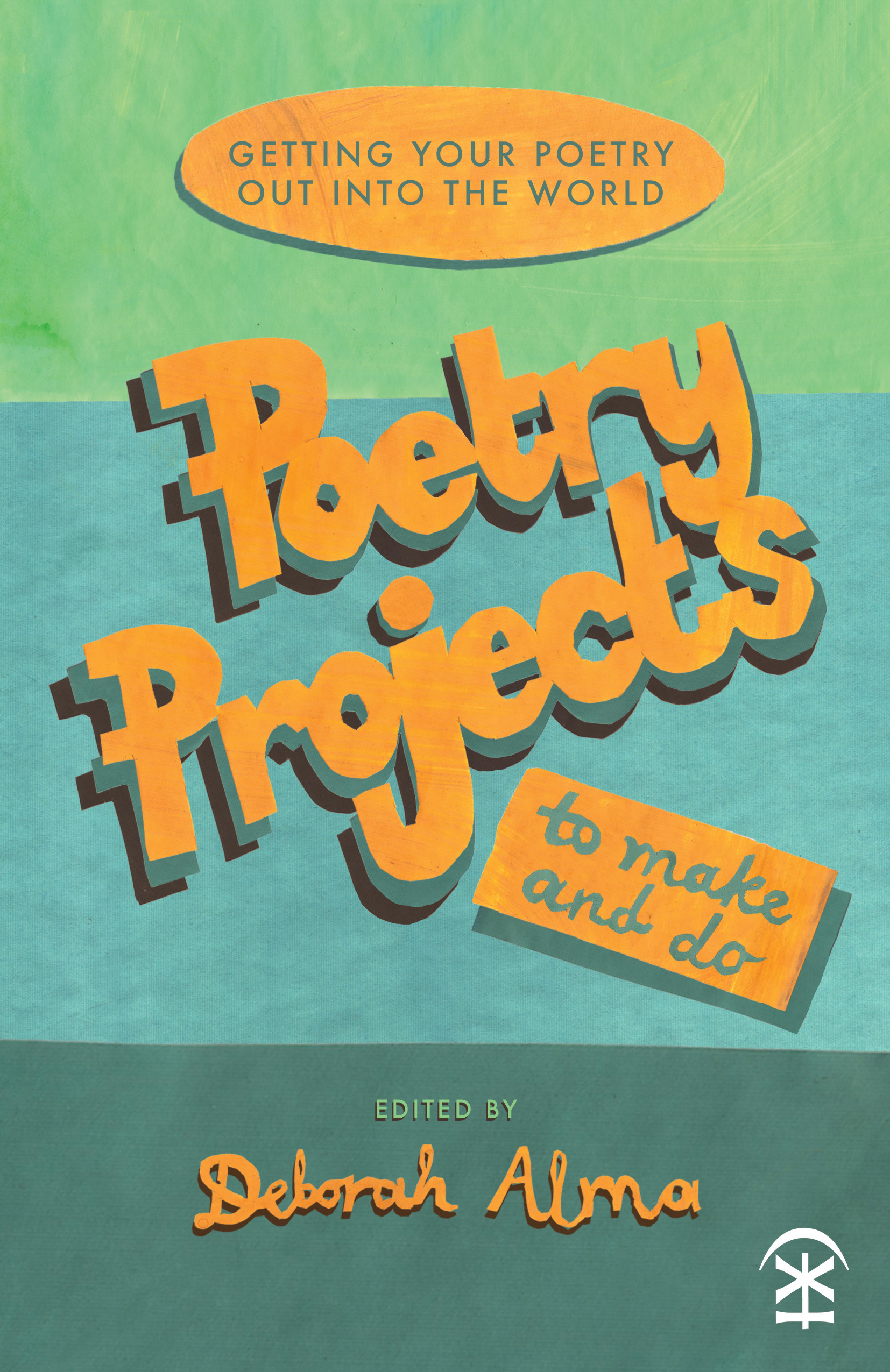Author Pat Edwards shares her advice on how to get the most out of poetry open mic nights.

If you don’t know what a poetry open mic night is, it’s a bit like a music open mic night where musicians with different levels of experience get to do their thing in front of an audience. It’s a chance to hear other poets and to try out a few pieces of your own work in public before maybe doing a longer set at a gig. Of course, it can be nerve-wracking and things can go wrong, but it’s a great way to test yourself, find out what you need to get better at, and more often than not it’s a really encouraging and positive experience. Listening to other poets and watching how they perform can be so illuminating. You quickly pick up on what works, how to stand out, how to bring your audience with you. There are so many open mic nights out there, I reckon you could go to one every night of the week if you had a mind to! Choose the ones that are welcoming, the ones you feel comfortable at, the ones that are well-structured with decent acoustic and lighting so you can read off your tablet or from a book/paper. Based on what I’ve learned from being an open mic-er myself and from running and attending more open mics than I can remember, here are my top five tips:
- You might want to go along as an audience member a couple of times, just to suss out how things work. Every open mic needs an audience so you should be made welcome whether you’re reading or not. Go with a friend if you prefer a bit of company and don’t be afraid to ask questions. How are the performers using the mic? Do they need to put their mouths close to it, or is standing back actually better? Does someone come and alter the mic to accommodate different heights or do poets have to do this for themselves? Is the event being recorded and shared elsewhere, as this may count as ‘publishing’ your work and you may prefer not to?
- If you decide you’re going to put yourself forward to read, make sure you know the protocol for the event. Every open mic is slightly different. For example, some have a waiting list and the organiser will add your name and let you know which week it’ll be your turn to read. Others just give you a slot there and then on the night and tell you how long it will be or maybe how many poems you can read. Stick to this, as one of the worst things you can do is to go over time or to read five poems when they’ve stipulated ‘three short ones or two longer ones’. It’s an organiser’s nightmare if a poet messes up the schedule by over-running as it can put out the timing for the whole night.
- If you’ve been invited to read for a specific amount of time, that includes any introductions or explanations you may want to give. Let’s say you’ve been in the audience a couple of times and asked the organiser if you can read next time, do your homework. Practise the poems you’re planning to read and time how long it takes to read them and to introduce yourself. If you can record yourself on your phone, it’s helpful to play back the recording to listen to how you come across. None of us like the sound of our own voice. It can be a shock to hear your accent, tone, any funny little quirks, but that’s what makes you YOU!
- Imagine being in the audience listening to yourself read. Do you want to listen to a mumbler or to someone who spends ages telling you what their poem is going to be about? Probably not! Speak clearly, at a decent pace so people can follow you. Vary your tone and volume to add a bit of texture and interest. Only explain anything that requires a hint of context or perhaps the meaning of an unusual word, if you think the audience really needs this. Explaining the entire historical background of where, when and why you wrote the poem probably means the poem is either not good enough or not quite right for an open mic. Remember, the audience gets to hear your poem once on the night and that’s it, so it needs to be suitable, not too packed with tricky imagery that can’t be readily unpacked. Save the complex, deep, multi-layered stuff for the page or the next feedback group to unravel!
- Be brave. Be bold. Be open to the unexpected. It’s incredibly courageous to stand up and read your words, the words you’ve poured over and maybe conjured up from your raw feelings and experiences, in front of anyone, leave alone a bunch of strangers! Being bold isn’t showing off or being arrogant, it’s simply believing in your words, in the rehearsing and preparation you’ve done, that the audience will accept you for who you are. The unexpected can be silence, no reaction at all, so that you have no real idea how your poems were received. It can be laughter where you didn’t think there was anything to find funny. It can be strange little sounds of approval or surprise that let you know something impacted on people in the crowd. It can be amazing applause and people coming up to you afterwards to congratulate you or ask you about your work. That’s open mics. That’s people. That’s poetry.
Pat Edwards is a writer, reviewer and workshop leader from mid Wales, with three published pamphlets to her name, and many poems out in respected journals and anthologies including Magma, Prole, Atrium, Ink, Sweat & Tears. Pat hosts Verbatim open mic nights and curates Welshpool Poetry Festival.
Comments